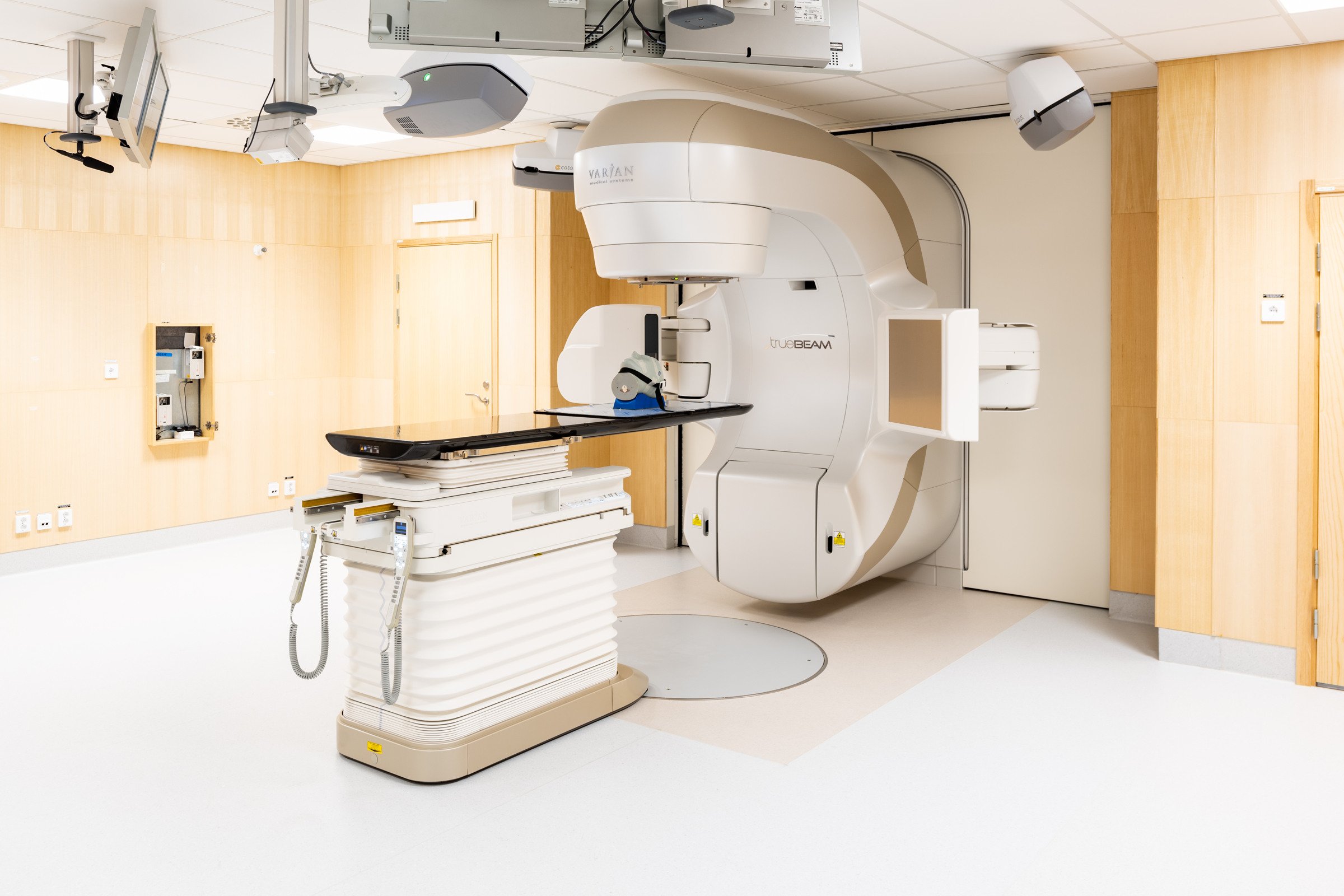Vulvar Cancer
Vulvar cancer is a rare disease, accounting for approximately 5% of all gynecological cancer diagnoses. It develops in the external genitalia. While the majority of affected individuals are middle-aged and older women, the disease can also occur in younger women. More than 50% of women with vulvar cancer are over 70 years old.
Vulvar cancer is a rare malignancy primarily affecting the external female genitalia. It typically presents with symptoms like persistent itching, sores, or lumps in the vulva, and may involve lymph node spread. Diagnosis often involves a biopsy, followed by imaging or further assessments to determine the cancer's extent. Treatment options range from surgical resection to radiochemotherapy for advanced cases. While the disease predominantly affects older women, it can also occur in younger individuals. Early detection and multidisciplinary care are key to improving outcomes and preserving quality of life.
Oncology
Our goal is to offer world-class cancer care based on every patient's individual needs. Oncology
Request medical treatment
More information on who can request a medical second opinion or treatment at Karolinska.
Continue
Bringing together cutting-edge research and world-leading expertise
